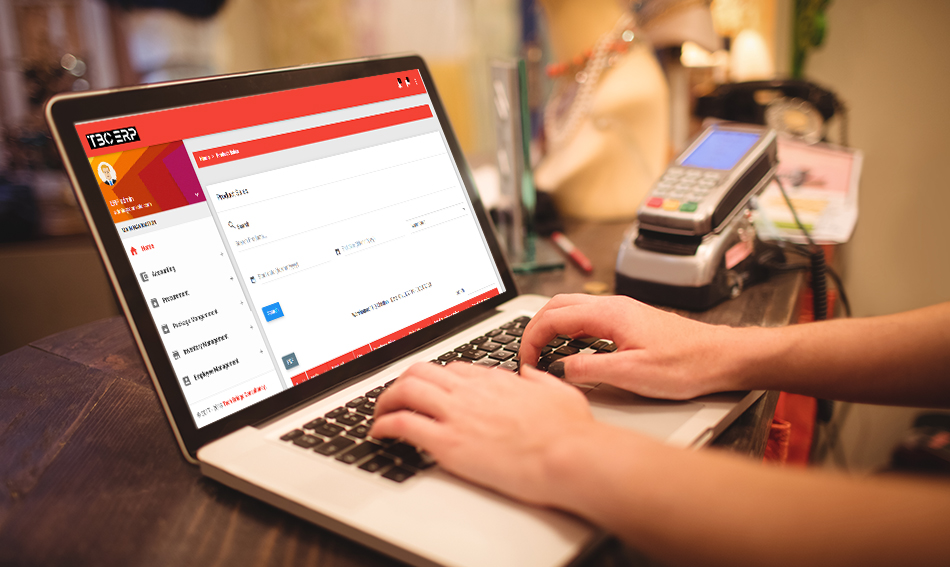
The Impact of Point of Sale ERP Software
In this dynamic retail world, people are all seeking many innovative ways to streamline their business operations and to enhance its efficiency. They want to elevate the customer experience so they need different ways. In this situation, only Point of Sale ERP software is proven to be a game changer. It has dynamic ways to enhance the business quality. This comprehensive system integrates various business processes, offering a unified platform for managing sales, inventory, and customer relations.
At its core, POS ERP software combines the functionality of traditional Point of Sale systems with the robust capabilities of an Enterprise Resource Planning system. This integration goes beyond simple transaction processing and extends into inventory management, order fulfilment, and financial reporting. Let’s delve into the key features and benefits that make POS ERP software indispensable for modern retailers.
1. Seamless Integration:
POS ERP software seamlessly integrates sales data with other crucial business operations, breaking down silos and fostering collaboration across departments. This interconnectedness enhances visibility into all facets of the business, enabling informed decision-making.
2. Real-time Inventory Management:
Efficient inventory management is a cornerstone of successful retail operations. POS ERP systems provide real-time insights into stock levels, helping businesses optimise inventory, reduce carrying costs, and minimise the risk of stockouts. This, in turn, leads to improved customer satisfaction as products are readily available.
3. Enhanced Customer Relations:
Personalised customer experiences are a key differentiator in the retail industry. POS ERP software allows businesses to capture and analyze customer data, enabling targeted marketing campaigns and loyalty programs. The ability to track customer preferences and purchase history empowers retailers to tailor their offerings to individual preferences.
4. Centralised Data Access:
With POS ERP, all relevant data is centralised, eliminating the need for multiple systems and reducing the chances of errors. This centralization simplifies the management of information, ensuring that employees across different departments are working with the most up-to-date data.
5. Streamlined Reporting and Analytics:
Detailed reporting and analytics are critical for assessing business performance and making informed decisions. POS ERP software provides comprehensive reporting tools that offer insights into sales trends, customer behavior, and inventory turnover. With the help of this approach, retailers can adapt the market changes easily.
6. Scalability and Flexibility:
As businesses grow, their requirements evolve. POS ERP systems are designed to be scalable, accommodating the changing needs of retailers. Whether opening new stores, expanding product lines, or entering new markets, the flexibility of POS ERP software ensures that the system can adapt to the scale and scope of the business.
7. Increased Efficiency and Cost Savings:
This point of sale ERP software frees up time for the employees as it automates the routine tasks such as inventory tracking and order processing. This also reduces the chance of manual errors and increases the overall efficiency to enhance productivity. Thus it also contributes to cost savings.
Conclusion:
In conclusion, if you want to stay ahead of this competitive world, you need to embrace modern technology. Point of Sale ERP software stands as a testament to the transformative power of integrated solutions. By combining the convenience of traditional POS systems with the strategic depth of ERP, businesses can optimise their operations, elevate customer satisfaction, and position themselves for sustained success in the digital age.
